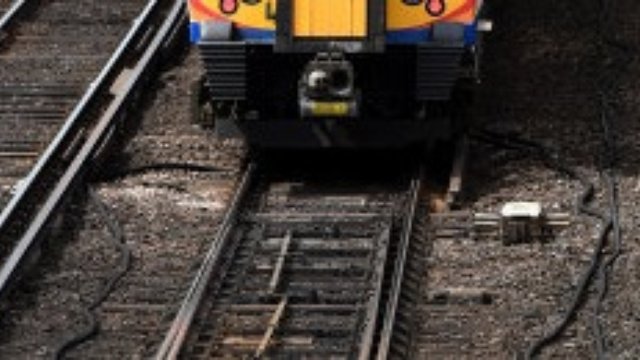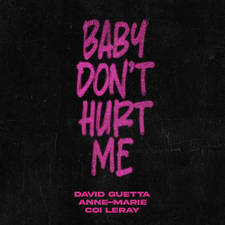Rise in children risking life on railways
18 July 2018, 10:28 | Updated: 18 July 2018, 10:31

Transport police are warning about a rise in children crossing railway lines as a survey found a fifth of teenagers do not think tracks are dangerous.
In the last year, seven people under the age of 18 have lost their lives and a further 48 people have suffered life-changing injuries on railway lines across the UK.
A survey for British Transport Police and Network Rail found 20% of teenagers do not think tracks or overhead lines are dangerous, while 15% think it is safe to walk on tracks if you check a rail timetable.
Only 37% believe the railway is "extremely dangerous".
The industry has launched a new campaign, titled "You Vs Train", which aims to highlight the dangers to young people and the risk of ignoring warnings.
The campaign features Tom Hubbard, who suffered third-degree burns across 57% of his body in 2014 when he was came into contact with overhead power cables in Birmingham.
He said: "I woke up 11 days later in the burns unit at Birmingham's
Queen Elizabeth Hospital wrapped from head to toe in bandages, heavily medicated and unable to string a sentence together.
"Four years on I'm still affected by the events of that day and every time I look in the mirror I'm reminded by that one decision to go on the railway.
"The accident has made me more of an introvert and cautious of trying new things, often opting to stay in during the day to avoid people and wear hoodies and long-sleeved tops to hide my scars, even on hot days."
The campign will include adverts on social media and in cinemas, while a school engagement programme will also take officers into classrooms.
British Transport Police Scotland chief inspector Davie Gray said: "We hope that by sharing Tom's story, young people who might have previously considered trespassing on the railways will think twice.
"We want his story to be heard - the tracks are not a playground. They're incredibly dangerous and, as Tom's story shows, can easily result in serious injury or worse.
"We hope the campaign will help young people to understand the risks, and help them to make the right decision and stay away from railway lines.
"Equally, it will also help them understand that bad decisions don't just affect them, but they will have a deep and lasting impact on their families and friends as well. This campaign is not just for our young people but also their friends and family."






